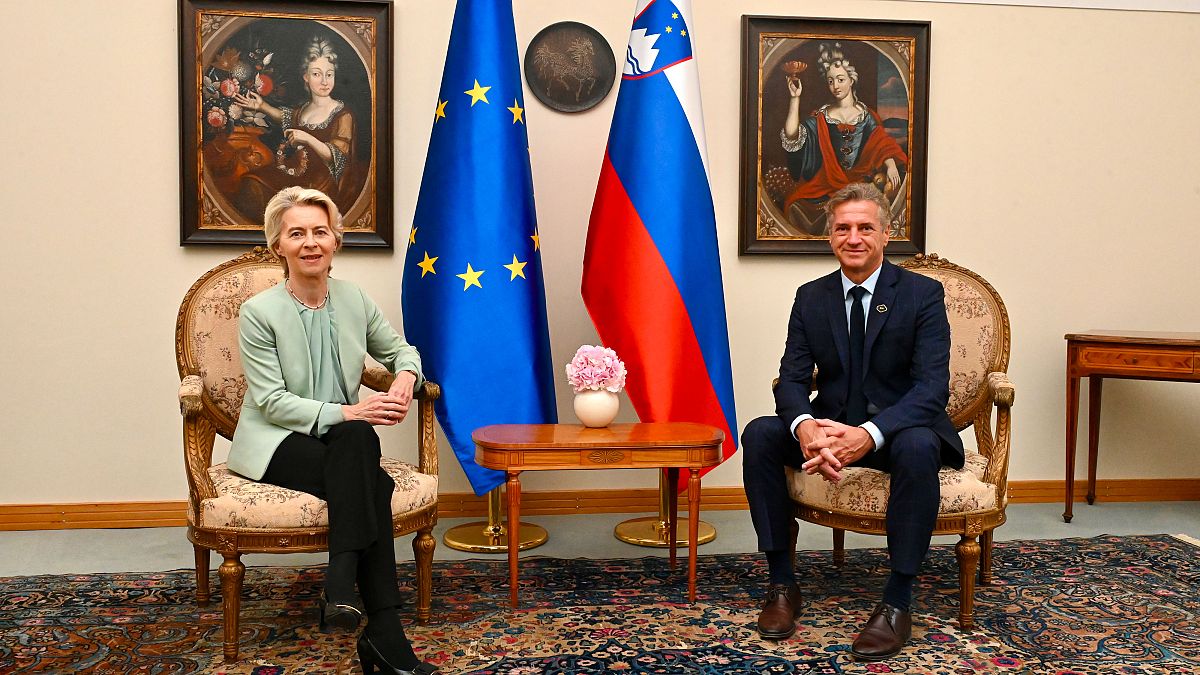The European Union faces a delay in announcing the line-up of the next European Commission due to political problems in member states regarding the selection of their nominees. Each of the 27 member states has their own process for selecting candidates for the EU executive, creating a variety of challenges for Commission chief Ursula von der Leyen. The candidates must meet certain criteria, such as being competent, independent, and committed to Europe. Von der Leyen is particularly focused on ensuring gender balance in the new executive and has rejected candidates who do not meet her standards.
In Slovenia, the selection of diplomat Marta Kos as the candidate for the Commission has caused controversy and political turmoil. Kos was only officially selected after a last-minute swap-out of the originally proposed candidate, Tomaž Vesel. This decision has resulted in a delay in the confirmation of the full slate of candidates and their portfolios. The political storm in Slovenia surrounding Kos’s nomination threatens to further delay von der Leyen’s plans for the new Commission.
The selection process in other countries, such as Lithuania and the Netherlands, also presents its own challenges. In Lithuania, the nomination must be endorsed by lawmakers after being agreed upon by both the prime minister and the president. In the Netherlands, the choice of the Commission nominee is made by the prime minister, who may choose someone close to von der Leyen to increase the chances of a good portfolio. These varying procedures highlight the complexity and potential political minefields involved in the selection of EU Commissioners.
In France, the selection of a Commissioner has traditionally been seen as the president’s prerogative, sparking controversy when President Macron renominated Thierry Breton for the role. Macron’s decision was met with criticism from rival politicians, leading to accusations of an administrative coup d’etat. The selection of Commissioners in Belgium is part of the intricate coalition negotiations that follow elections, which can lead to significant delays in the formation of the government. The unique challenges faced by each member state in selecting their EU Commissioner exemplify the complexities of the European Union’s decision-making processes.










